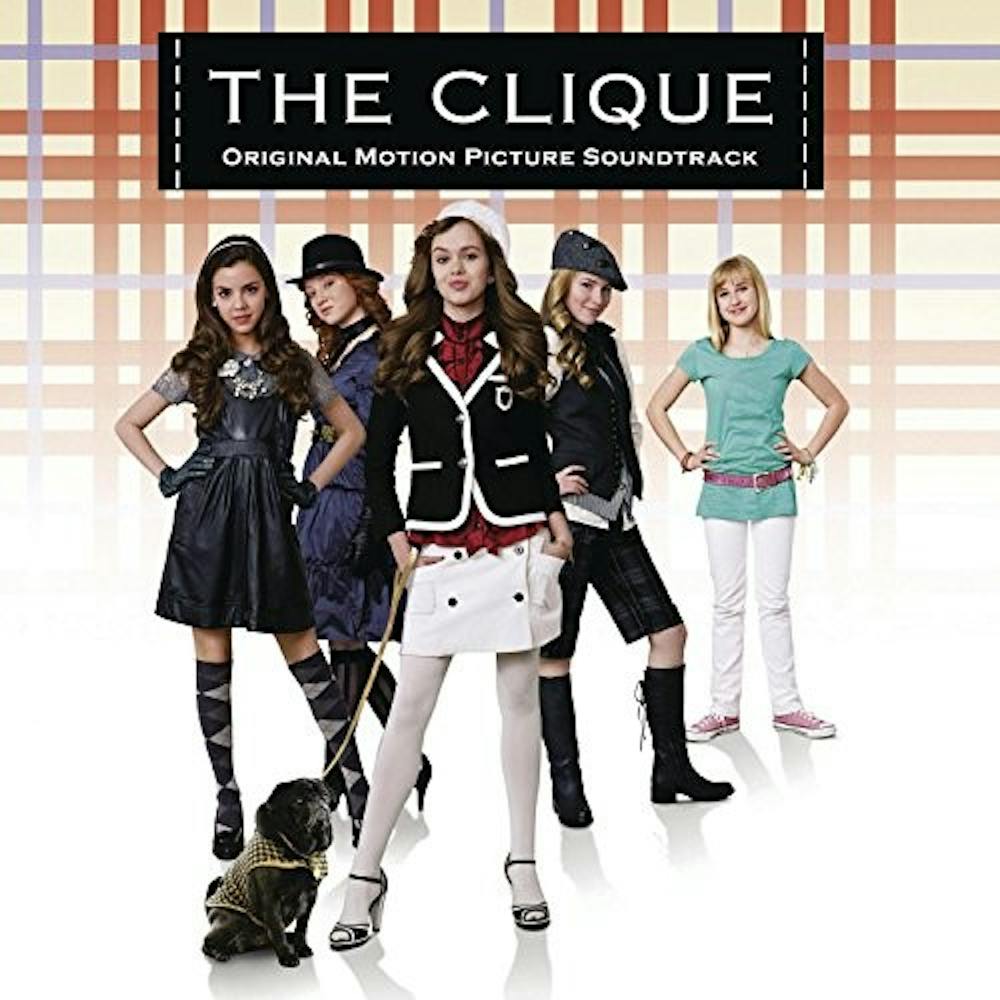It’s no secret that in the grand tradition of iconic literary characters, a few names instantly come to mind: characters who overcame tremendous obstacles, charmed us into loving them, or perhaps were so notoriously awful that their names would simply live in infamy. We’re talking about literary giants here, folks: Odysseus, Lady Macbeth, Gatsby . . . the list goes on. However, in all of my well-read, Ivy League life, no character has had a larger effect on me than Massie Block, the protagonist of a 14-book, “young adult” series called The Clique.
From kindergarten until eighth grade, my parents didn’t allow me and my brothers to watch TV during the week, save so-called educational programs from PBS. So, along with developing a lifelong love of Cyberchase, my brothers and I all became avid readers. I breezed through the Nancy Drew mysteries and had a year-long historical fiction phase (fifth grade was a weird time), but it was when I hit middle school that I first discovered tween-girl lit, and was introduced to The Clique and the character that has shaped so many of my ideas of how people work and the importance of “the image.”
At the start of the series, Massie Block is a spoiled thirteen-year-old girl living a charmed life in Westchester County, New York as the leader of her “clique” at her posh private school, the self-titled “Pretty Committee.” Her life gets turned upside down when Claire, a “LBR” (loser beyond repair, for all you laymen out there), comes to town with her family and moves into Massie’s guesthouse. As expected, the two girls eventually become best friends, mostly because Massie can be her true self around Claire, rather than put up a mask like she has to do around the other girls. To be honest, though, I didn’t really care about the whole “heartwarming friendship” thing or everyone’s various flaws and insecurities being uncovered as the series went on. You can’t build an empire on that fluff.
What drew me to Massie was her hard exterior, how she made her life look so perfect and effortless even if she was falling apart on the inside. She refused to let anyone ever see her sweat, and even when the Pretty Committee ditched her for being a control freak, this girl hired actresses to play her friends, proceeded to make her old crew jealous, and eventually won them back. Her consistent motto was “sell the dream,” and from the time I first read those books up until last year or so, I was convinced that to be successful, you had to sell yourself and do the most, but make it look easy. You needed to put up walls and wear masks so everything looked put together on the surface.
We’re all familiar with the pressure that comes from the expectation of “effortless perfection.” Most of us have fallen victim to putting up some sort of front so people have an idealized, but ultimately unrealistic perception of us. I guess my “secret” isn’t that I feel this intense pressure to be perfect, or that I don’t actually just wake up like this; the real embarrassment here is that I modeled my social behavior off of the main character from a collection of books aimed at tween girls that came out in 2004. In fact, the biggest issue here is that I took all of the negative qualities of this character, Massie Block, and transformed them into a guide for how to move through the social minefield that is middle school, and maintained the mantra of “selling the dream” for a good portion of high school. To this day, I still find myself trying to put up a front every once in a while, especially when I’m around new people and I want them to see me a certain way, when in reality you already know I’m “uncool” on some level because I go to Princeton, duh.
There are a billion and one reasons I chose to ignore the humanizing elements of Massie and focus on what made her a socially revered but cold “alpha,” but aside from my own personal power-hungry agenda, there are definitely a ton of societal expectations that push us to “sell the dream” rather than be content with reality. I’m just grateful that I’ve read other books and met other people who have shown me different perspectives and given me the support I need to be vulnerable and honest with myself and the world.








